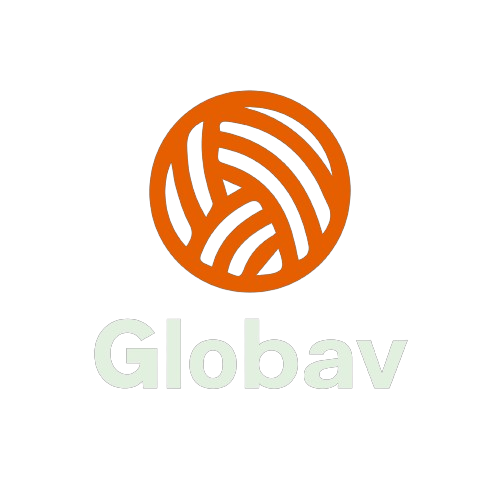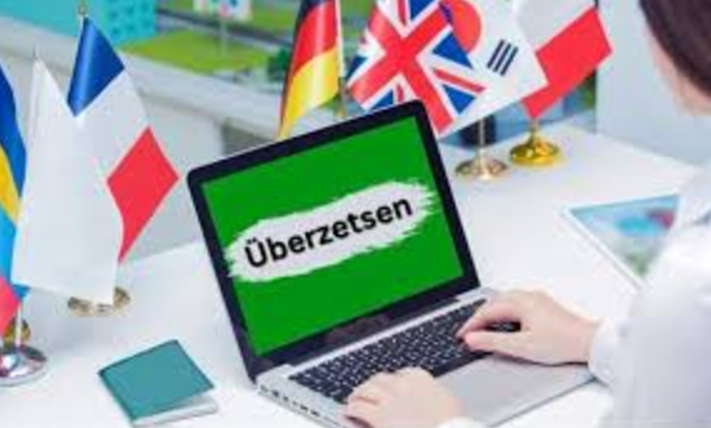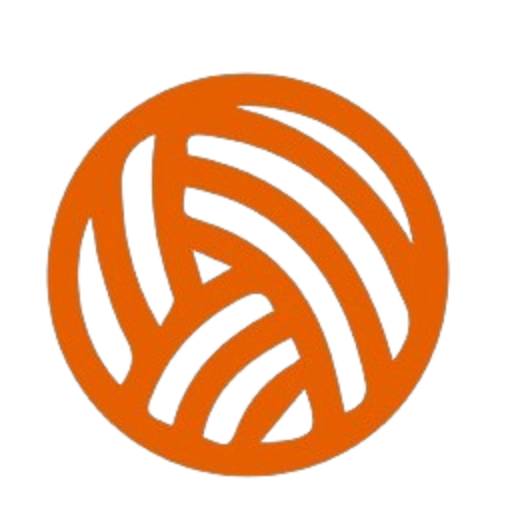Introduction
Imagine you’re traveling through the bustling streets of Berlin, and suddenly, you encounter a local shopkeeper who speaks only German. You’re interested in buying a unique souvenir, but without a shared language, how will you communicate your interest? This is where the art of Übersetzen (translation) plays a pivotal role. From personal conversations to multinational business deals, translation bridges the gap between cultures and languages, making the world more interconnected than ever.
In today’s global economy, the demand for accurate translation services has never been higher. Whether it’s translating a legal document, subtitling a film, or localizing a website, Übersetzen has become an essential skill in various industries.
The Growing Demand for Übersetzen Services
As the world becomes more interconnected, the need for translation services continues to rise. According to a report by the Common Sense Advisory (CSA), the global translation and localization industry is worth over $50 billion. This growth is driven by increased international trade, global digital presence, and the expansion of businesses into foreign markets.
In fact, a survey by CSA Research found that 75% of consumers prefer to buy products and services in their native language. This statistic highlights the importance of high-quality Übersetzen services for companies aiming to appeal to a broader audience.
Furthermore, the advent of machine translation tools, such as Google Translate, has made it easier for individuals to understand foreign languages, but the need for professional human translators remains. While automated systems are helpful for basic translations, they often lack the nuance and cultural understanding required for more complex projects. Human translators bring a level of expertise that ensures accuracy and authenticity in every translation.
Key Industries Relying on Übersetzen
Translation services are essential across various sectors. Here are a few industries where Übersetzen is indispensable:
1. Legal Industry
In legal proceedings, accuracy is crucial. A single mistranslated word can lead to costly legal consequences. Legal translators are highly specialized, often certified, and their work must adhere to strict standards to ensure that contracts, court documents, and other legal papers are accurately conveyed across languages.
2. Medical and Healthcare Sector
In healthcare, clear communication can save lives. Medical translation involves translating patient records, medical research, consent forms, and more. Misinterpretation in medical contexts can lead to serious health risks, which is why professional translation services are critical in this field.
3. Marketing and Advertising
For companies looking to expand into international markets, Übersetzen isn’t just about translating words; it’s about localizing content to suit cultural norms and consumer preferences. A poorly translated marketing campaign can lead to embarrassment or even a damaged brand image. By adapting messages, slogans, and product names for different languages and cultures, companies can increase their chances of success in foreign markets.
Technology’s Role in Modern Übersetzen
With technological advancements, translation is no longer a slow and tedious task. Translation tools such as machine translation (MT) and computer-assisted translation (CAT) have made the process faster and more efficient. These tools assist translators by offering pre-translated suggestions, improving consistency across large volumes of content.
However, while technology aids in speed, human oversight is still essential. According to a study by Slator, the machine translation market is expected to reach $10.7 billion by 2026. Yet, the same report highlights that human translation still dominates the market, accounting for around 70% of global translation revenue.
Challenges in Übersetzen
Despite its importance, Übersetzen comes with its own set of challenges. One of the biggest hurdles faced by translators is dealing with idiomatic expressions, cultural references, and regional dialects. A direct translation may not always convey the intended meaning, and understanding context is crucial.
For example, the phrase “break a leg” in English is an idiom for wishing someone good luck, especially in theater. However, translating this phrase literally into another language would make no sense. This is why professional translators must not only have linguistic skills but also cultural knowledge to ensure that translations are both accurate and contextually appropriate.
The Future of Übersetzen: Trends to Watch
As the demand for translation services grows, new trends are emerging in the Übersetzen industry. One of the most exciting trends is the increasing use of artificial intelligence (AI) and neural machine translation (NMT). These AI-powered tools learn from vast datasets to provide more accurate translations over time, but again, human involvement is still necessary for refining results.
The rise of voice-based translation is another trend to watch. With the popularity of voice assistants like Siri, Alexa, and Google Assistant, the ability to translate spoken language in real-time has become a game-changer. Companies such as iTranslate and Microsoft Translator are developing tools that allow users to speak in one language and instantly hear translations in another.
Conclusion
In conclusion, Übersetzen is more than just the act of translating words—it’s the bridge that connects cultures, enables businesses to thrive, and ensures accurate communication in every field. While technology continues to evolve and shape the translation landscape, human expertise will always be at the heart of meaningful, precise translation.




